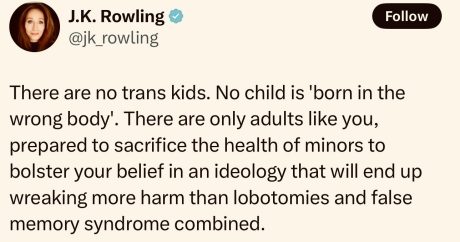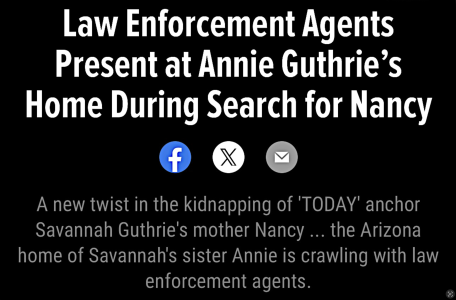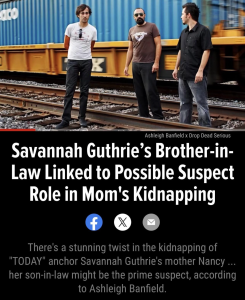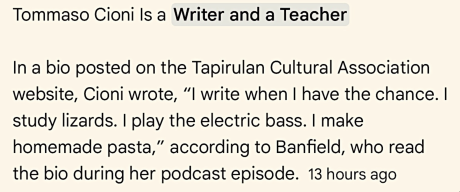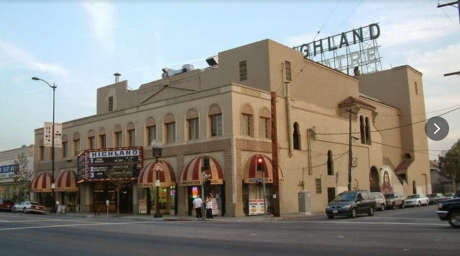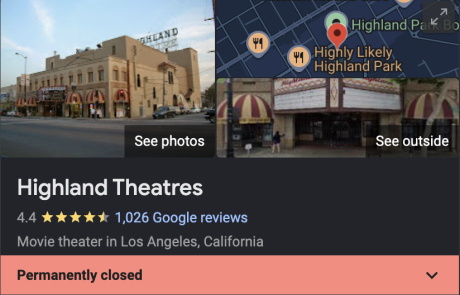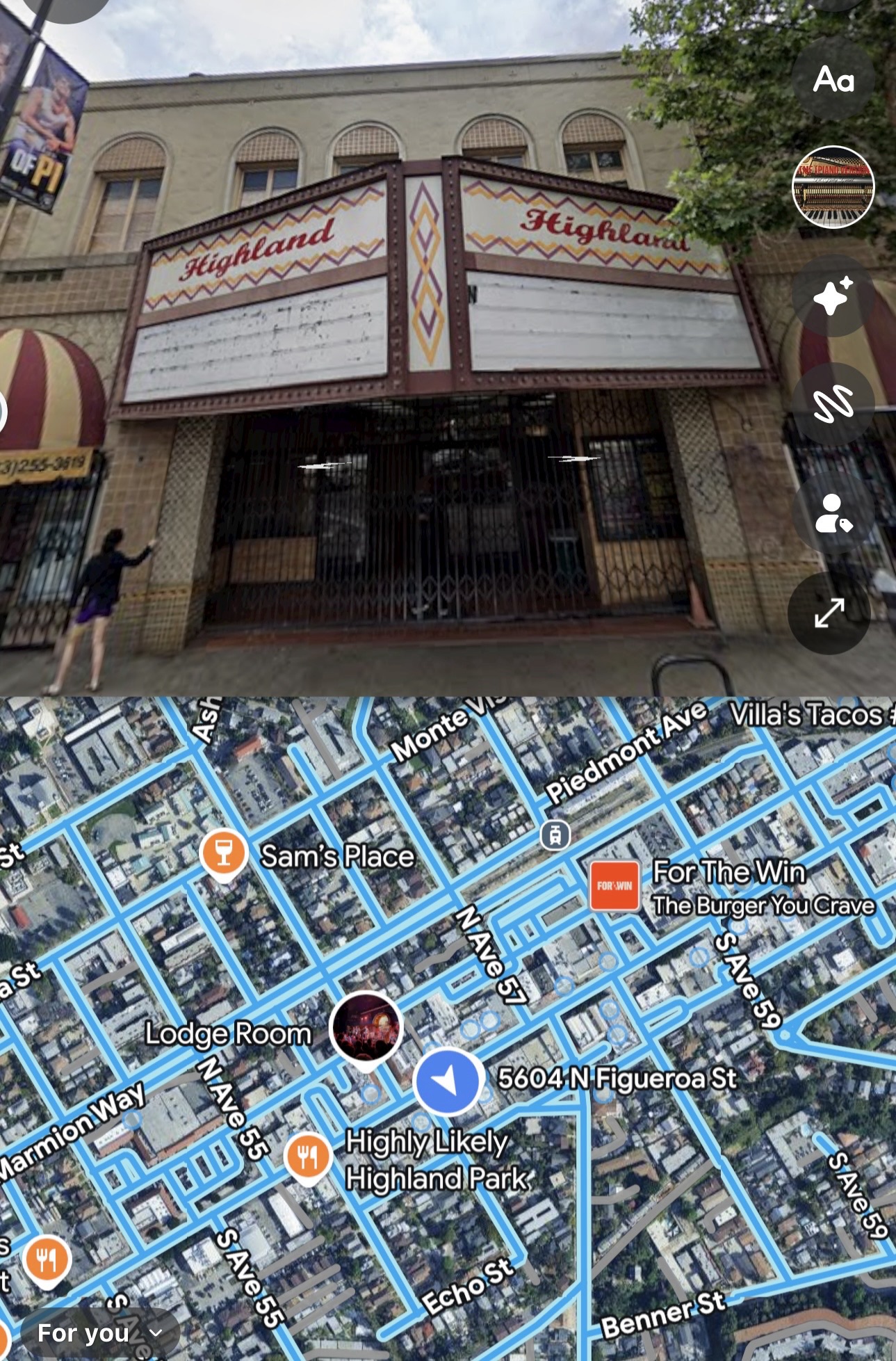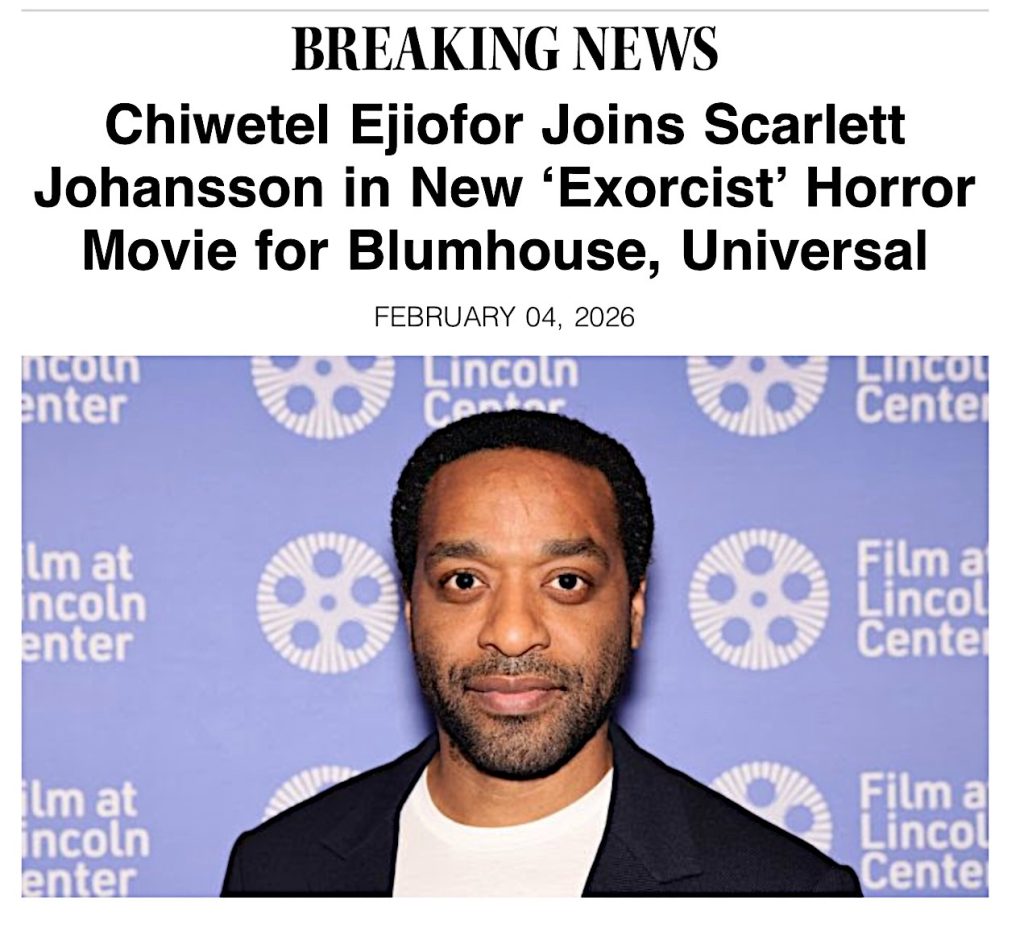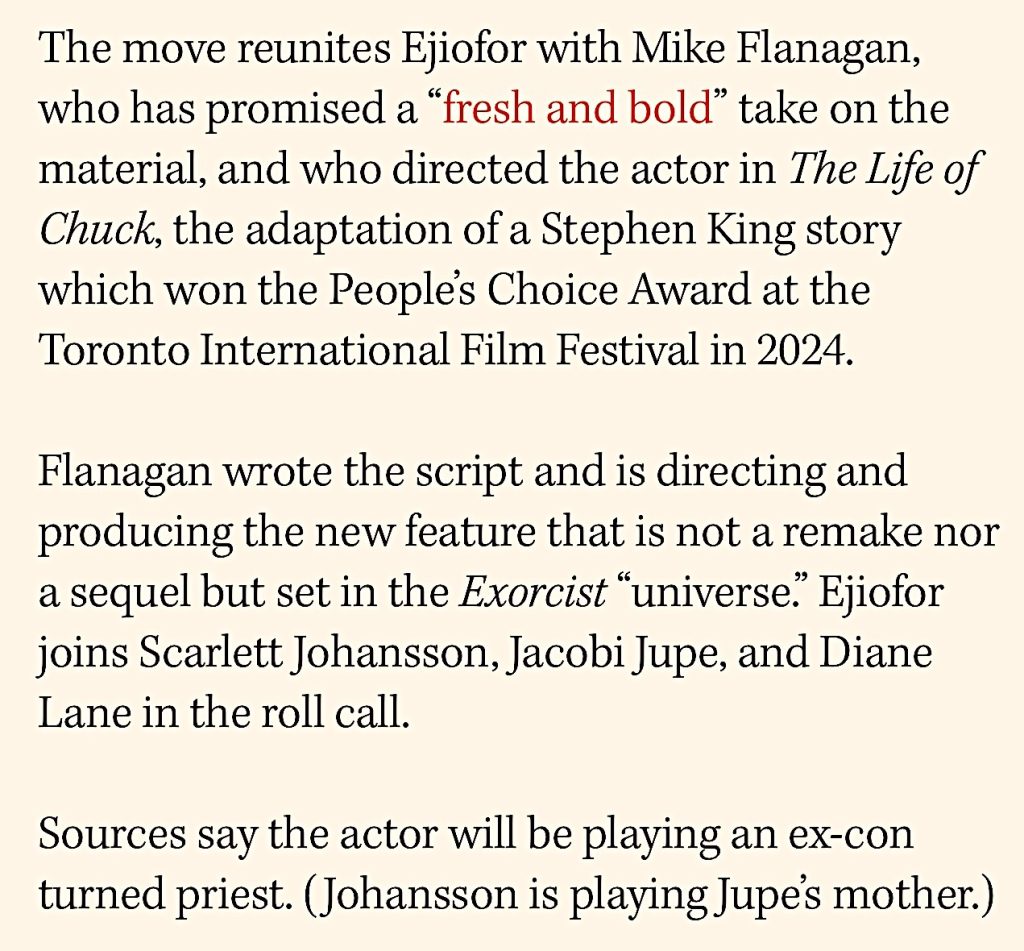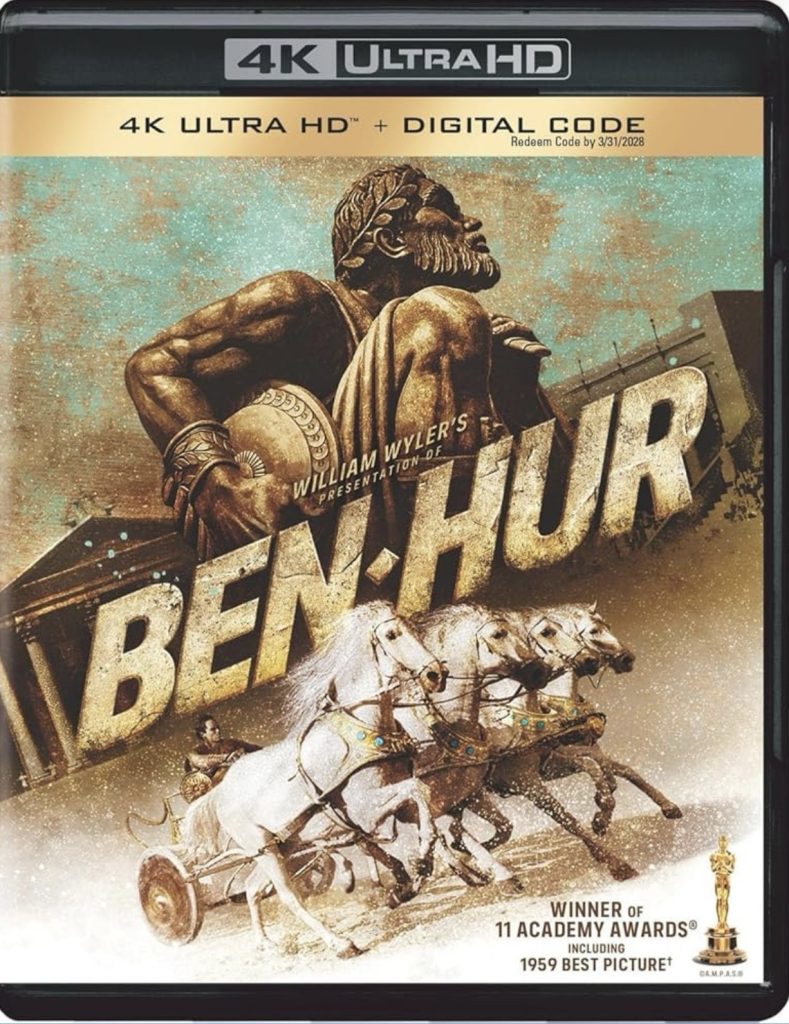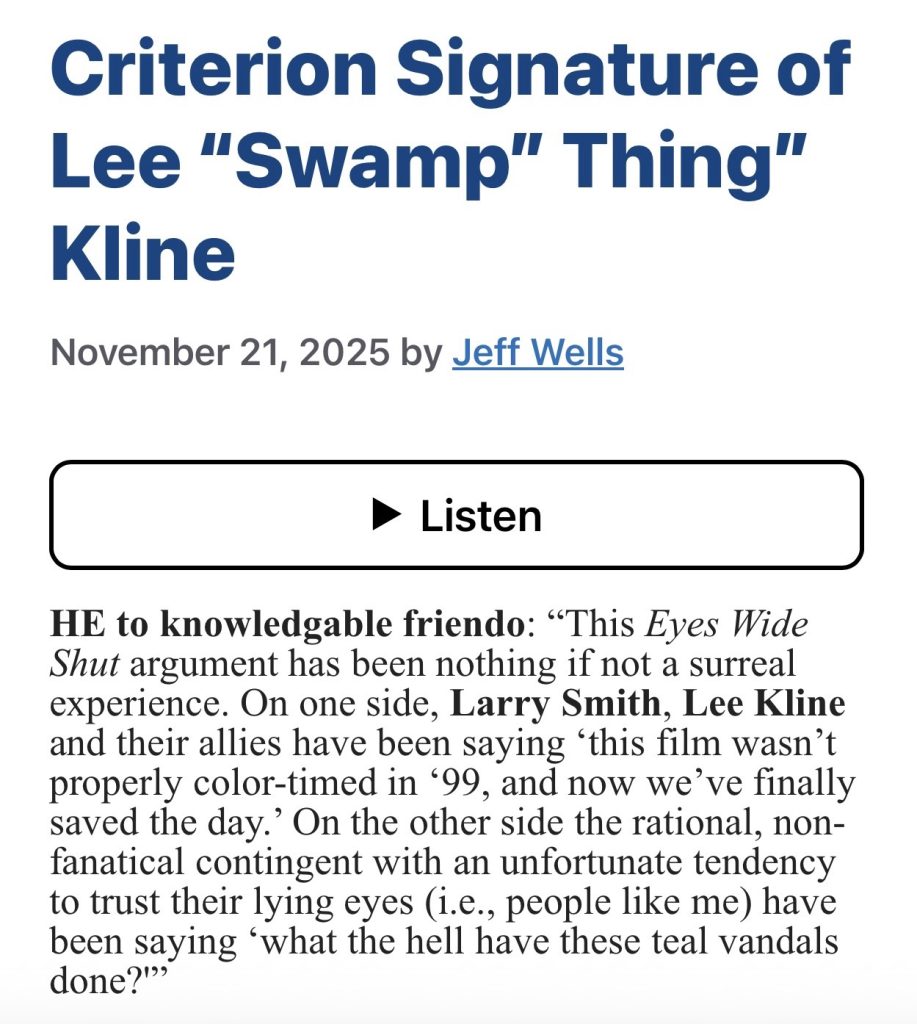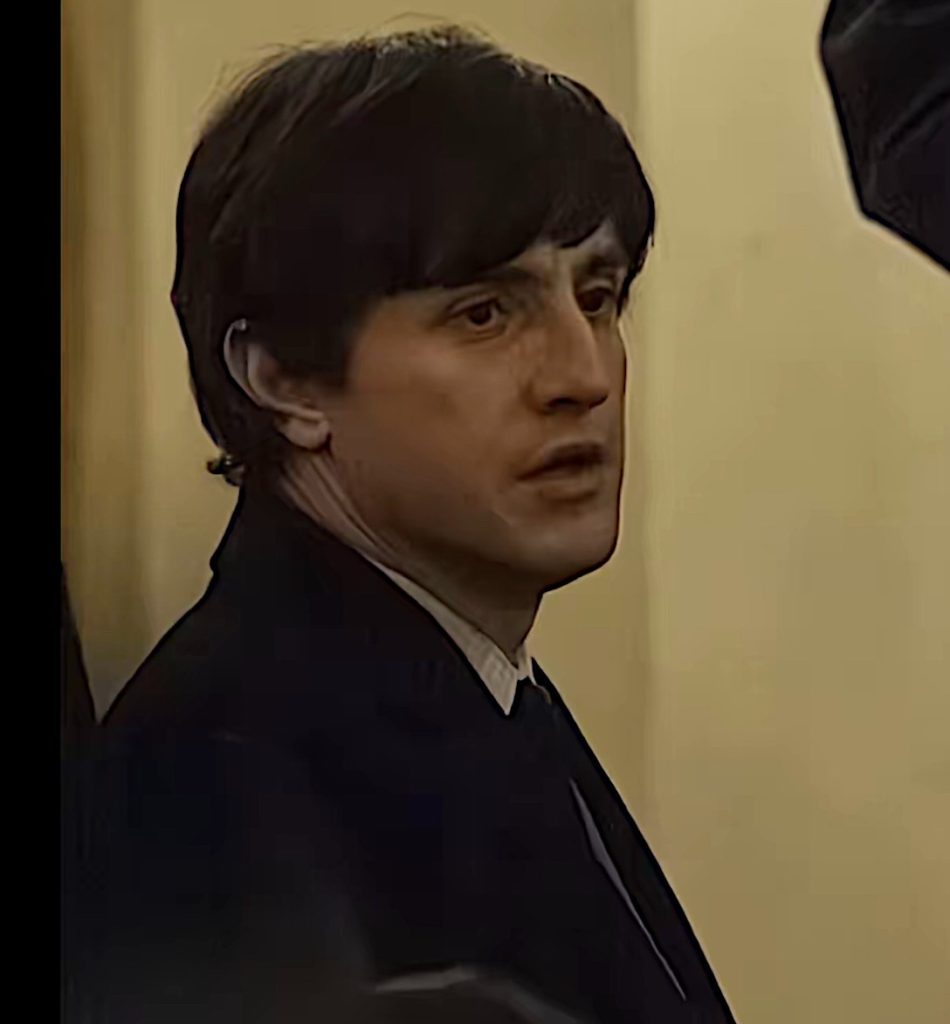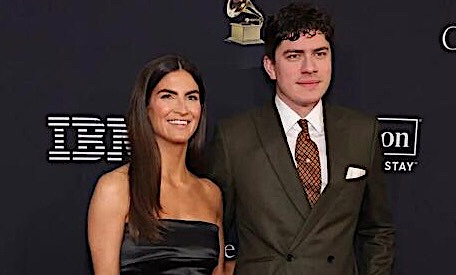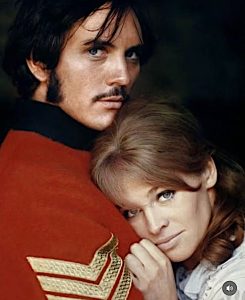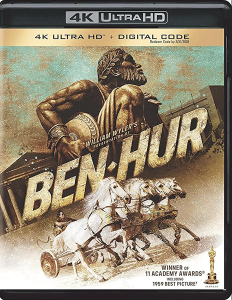“When Jeff Bezos bought The Washington Post more than a decade ago, journalists inside and outside the newsroom were cautiously optimistic. But those hopes were dashed on Wednesday, when the paper carried out widespread layoffs. The Post has jettisoned more than 300 journalists…a bloodbath. The Post also eliminated its sports section, one of the last bastions of great sportswriting.” — from “Bezos Guts The Washington Post,” posted on 2.6.26 by N.Y. Times.
“The Washington Post is dying not in darkness but by the light of noon, and by its own hand. Over the past few months, the Post’s owner, Jeff Bezos, has shed a large part of the paper’s workforce, asserted control over the management of its newsroom, spiked a presidential endorsement for the first time in the paper’s history, and driven out some of its best writers and editors. On Wednesday, Bezos announced that the Post’s opinion pages will exclude views that contradict his own libertarianism.” — The Atlantic‘s George Packer, 3.1.25



